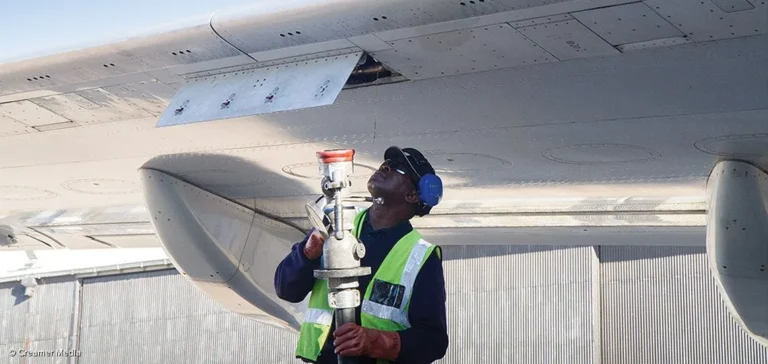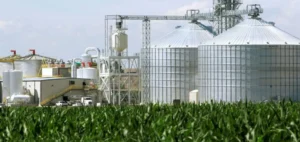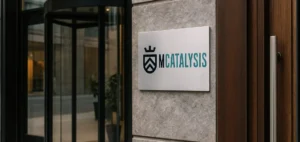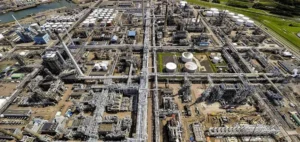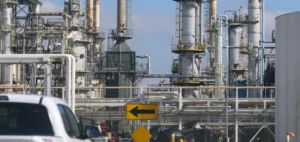INA has successfully completed an industrial test run for the production of sustainable aviation fuel from biogenic and fossil co-feedstocks at the hydroprocessing unit of its Rijeka refinery. This operation, conducted in partnership with Chevron Lummus Global (CLG), marks the site’s first-ever production of sustainable aviation fuel. The test also enabled the production of renewable diesel from hydrotreated vegetable oils.
Process certification and feedstocks used
During the test, 1,000 tonnes of feedstocks containing 5% palm oil mill effluent (POME) were processed simultaneously with conventional fossil charges. The process was certified by the independent organisation Bureau Veritas d.o.o., in accordance with the International Sustainability and Carbon Certification (ISCC) standard for sustainable biofuels.
The teams from CLG and INA worked closely together to adapt the existing infrastructure to the requirements of the new feedstocks. Specific modifications were implemented, such as acquiring suitable filters, adjusting laboratory analysis methods, and increasing the capacity of the hydroprocessing and vacuum distillation units. The project also required rigorous control over the introduction of biogenic flows into existing installations.
Towards market deployment of sustainable aviation fuel
According to INA’s established timeline, all preparatory activities are expected to be completed to enable a continuous market supply of sustainable aviation fuel by 2029. This industrial milestone comes amid growing demand for alternative fuels in the European aviation sector and highlights the capacity of refineries to adapt their production assets for new market opportunities.
Stakeholders highlight the flexibility of the technology developed by Chevron Lummus Global, which enables the integration of various feedstocks into existing facilities. The experience gained from this test opens up adaptation perspectives for other industrial sites in Europe, as regulatory requirements and energy markets evolve.
The success of this operation is based on a combination of technical expertise and innovation in refining processes, as Arun Arora, Chief Technology Officer of Chevron Lummus Global, stated: “The results demonstrate the flexibility and capability of our technologies to maximise industrial assets while meeting the demand for renewable fuels.”


